
Radar | Jul 08,2023
Liquor bottlers continue to face declining sales and dwindling volume due to a high excise tax rate, a survey submitted to the Ministry of Finance revealed.
Experts at the Ethiopian Food, Beverages & Pharmaceutical Industry Development Institute surveyed the worrying performance of eight liquor bottlers after managers of the bottlers had requested the study be conducted in May last year. The excise tax regulation was amended in February 2020, imposing a 60pc tax on items used as inputs to produce liquors. An additional 80pc was set on the final product.
Bottlers complain they have been subjected to double taxation and urged officials to reconsider the excise tax imposed on the liquor industry.
The industry comprises three categories of bottlers. Larger firms buy rectified alcohol (molasses) to produce alcohol and liquor. Others distil the alcohol to make liquor, and the others buy the liquor to blend with flavouring. Close to 30 companies are bottling spirits like gin, vodka and cognac, though the industry is dominated by large bottlers such as the National Alcohol & Liquor Factory. It produced 14 million litres of liquor last year.
The study finds that industry leaders are alarmed by a rise in unregistered products, disruption of the value chain, and competition from imported liquors. Rising prices of rectified alcohol from sugar plants since the pandemic is another headache for the industry. A litre of the input was sold for around 16 Br before the COVID-19 pandemic. During the pandemic's early days, a severe shortage pushed prices nearly 10-fold, though it has since fallen to about 110 Br a litre.
This remains too expensive, says Wengelawit Sine, finance manager for Meskerem Liquor Factory, in business for over two decades.
Combined with a significant fall in sales, the company has scaled back production since the revised excise tax rate from nearly one million litres of liquor. It now produces less than 10pc.
"It's even less now," says Wengelawit. "We remain open only to keep the company from closing."
Neither have industry giants been spared. The revised excise tax has had a big impact on all players, according to Sahle Halefom, domestic sales team leader at the National Alcohol & Liquor Factory.
"We're not growing in sales as we had wanted," Sahle told Fortune.
A state-owned company, the National Alcohol & Liquor Factory, has not adjusted its factory-gate price, further diminishing profit margins. It has thus far paid half a billion Birr in excise and value-added tax (VAT), five times more than what was paid two years ago.
The eight bottlers included in the study produced a combined 27.5 million litres of liquor two years ago. Production has plummeted by 40pc in a year. Smaller companies with lower production capacity were the most affected, facing an average of 52pc decline in productivity. The bigger bottlers endured a 36pc drop.
As consumers shoulder the excise tax imposed on end products, it has affected sales too, the survey discovered. Five of the companies in the survey reported a 36pc drop in sales from 1.7 billion Br two years ago. The annual turnover of smaller bottlers has fallen by an average of 68pc.
The survey revealed that skyrocketing prices for liquor are pushing consumers away, leaving bottlers at risk of bankruptcy. A tremendous reduction of the labour force in the liquor industry, estimated to provide direct and indirect job opportunities for around 10,000 people, is underway. The eight companies have trimmed their workforce by 45pc to 407 employees. Experts say the larger bottlers have seen 67pc reductions in the workforce.
Meskerem Liquor has laid-off over 40 of its 70 employees in the past two years.
The regulation subjects all products from bottlers to excise tax, subjecting them to pay excise tax on products that have yet to be sold. This led to the stocking of products at warehouses.
The industry's only uptick was on the export front. Over the last six months, export earnings showed a 32pc increase to reach 1.5 million dollars.
Addis Sewnet, a researcher at the Institute's beverage department, argues the excise tax should not be imposed on inputs. The survey he participated in proposed that excise tax should not be a blanket applying to all bottlers and products. It urged the Ministry to reduce the tax rate to 10pc and set payments following the completion of sales.
Others question the motive behind high taxes on the liquor industry. They claim it is driven by a social policy to subdue the industry's growth by imposing "sin-tax".
Abat Abebe, a tax expert and general manager of MilAbi Trading Plc, believes policymakers have targeted the industry to discourage alcohol consumption. He says the falling employment in the liquor industry should be weighed against job opportunities created with the additional income the government collects through the excise tax.
PUBLISHED ON
Feb 26,2022 [ VOL
22 , NO
1139]

Radar | Jul 08,2023
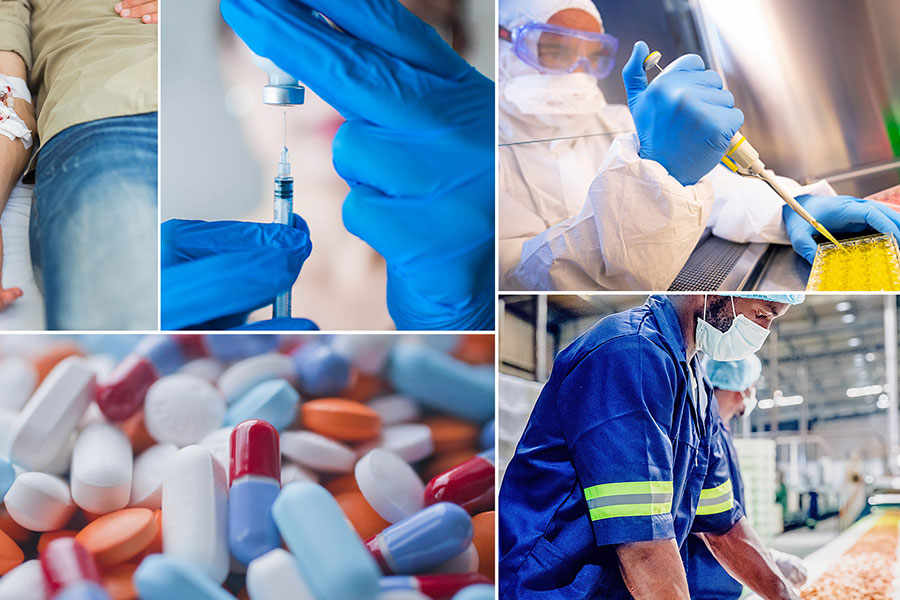
Delicate Number | Oct 16,2021
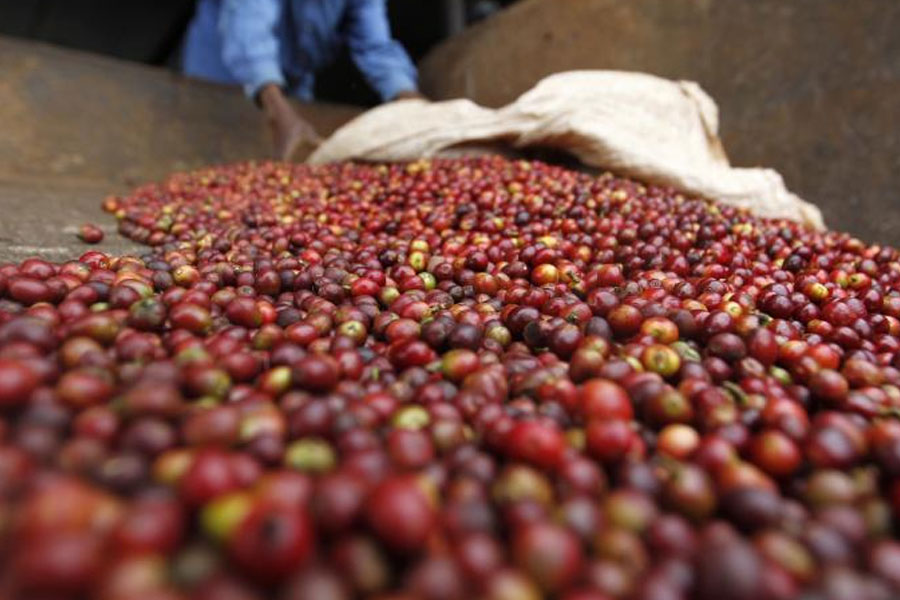
Fortune News | Sep 10,2021

Fineline | Oct 03,2020
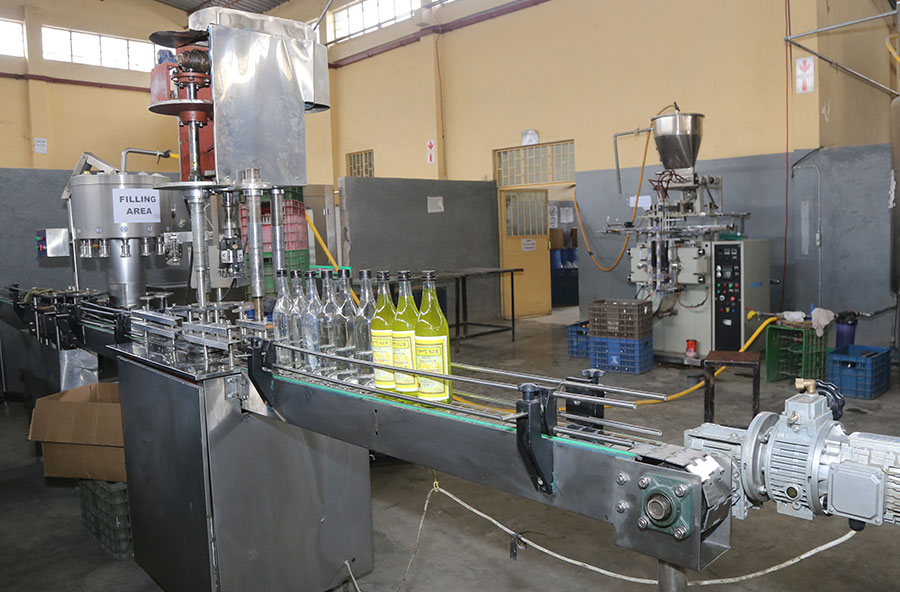
Fortune News | Dec 05,2018
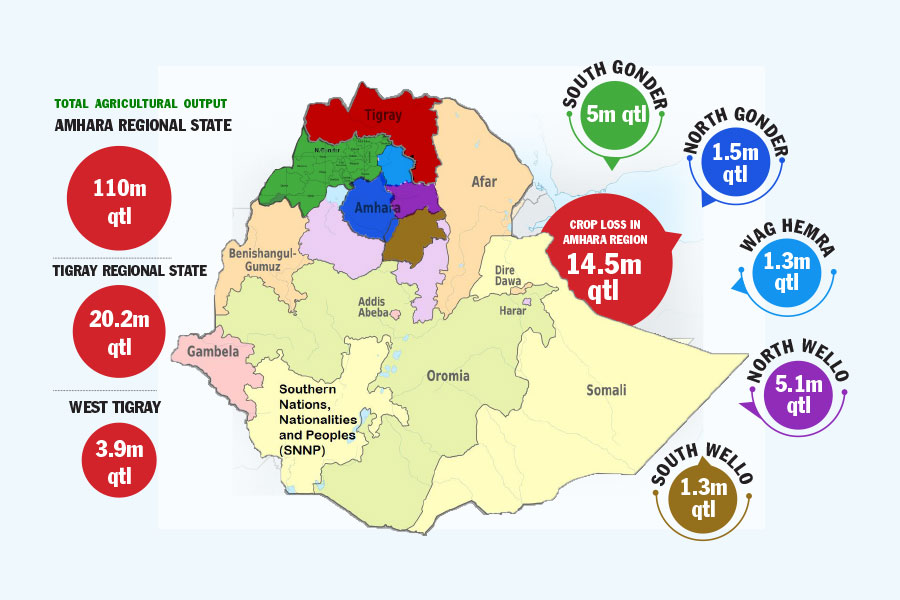
Fortune News | Nov 06,2021
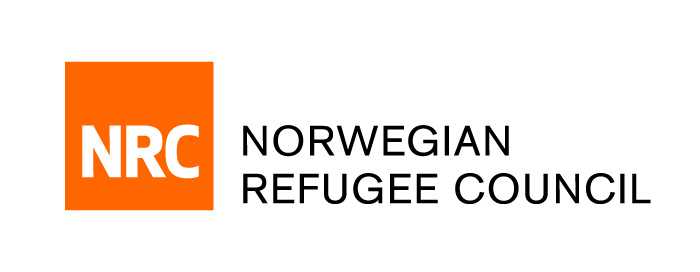
Fortune News | Jun 10,2021

Fortune News | Dec 13,2021

Fortune News | Jul 30,2022

Radar | Feb 16,2019

Dec 22 , 2024 . By TIZITA SHEWAFERAW
Charged with transforming colossal state-owned enterprises into modern and competitiv...

Aug 18 , 2024 . By AKSAH ITALO
Although predictable Yonas Zerihun's job in the ride-hailing service is not immune to...

Jul 28 , 2024 . By TIZITA SHEWAFERAW
Unhabitual, perhaps too many, Samuel Gebreyohannes, 38, used to occasionally enjoy a couple of beers at breakfast. However, he recently swit...

Jul 13 , 2024 . By AKSAH ITALO
Investors who rely on tractors, trucks, and field vehicles for commuting, transporting commodities, and f...

Jul 5 , 2025
Six years ago, Ethiopia was the darling of international liberal commentators. A year...

Jun 28 , 2025
Meseret Damtie, the assertive auditor general, has never been shy about naming names...

Jun 21 , 2025
A well-worn adage says, “Budget is not destiny, but it is direction.” Examining t...

Jun 14 , 2025
Yet again, the Horn of Africa is bracing for trouble. A region already frayed by wars...